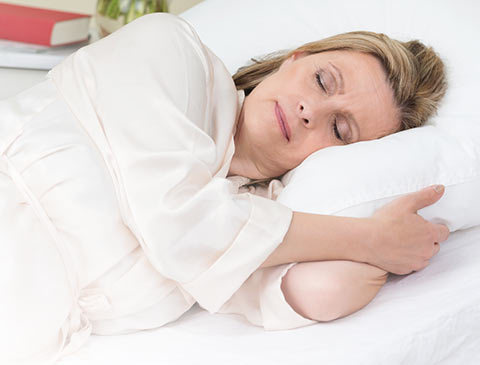Insomnia is a sleep disorder by which folks are struggling to drift off or stay asleep. Most Australians experience insomnia at some point in their lives, resulting in 10 % people have no less than mild insomnia at the same time. It can be more prevalent in females and elderly people.

Insomnia range from:
difficulty getting to sleep
waking up throughout the night inside them for hours trouble going back to sleep
getting up too soon
Sometimes people experience seventy one.
A lot of people experience insomnia for the short period of time, for example when they’re worried or stressed. But sometimes insomnia is chronic (called chronic insomnia disorder), meaning folks have trouble falling or staying asleep for around Three months, together with being impaired in the daytime.
Which are the signs of insomnia?
People experience insomnia differently. Many of the the signs of insomnia are:
having problems drifting off to sleep
waking a lot during the night
waking up prematurily . and being unable to get back to sleep
not feeling refreshed whenever you get up
Insomnia can lead to the subsequent symptoms in the daytime:
tension headaches
feeling tired or being too sleepy to do normal activities
poor memory and concentration
fretting about sleeping
feeling irritable or moody
being hyperactive, aggressive or impulsive
losing interest in doing things
reduced energy and motivation
feeling sleepy when sitting quietly
The causes of insomnia?
Sometimes there is absolutely no underlying reason for insomnia. This is called primary insomnia.
Sometimes there is an underlying cause like a general health condition, anxiety, depression or sleep problem. This is whats called secondary insomnia.
Insomnia might be worsened by:
poor sleep habits (sleep hygiene)
substances including caffeine, nicotine, alcohol, amphetamines and some prescription medicines
stress, caused by work or financial problems, relationship issues or grief
health problems, specifically conditions causing pain, hormone changes (e.g. hot flushes and sweating during menopause), and breathing, urinary or digestive problems
mental health problems – insomnia is usually a manifestation of anxiety, depression and other disorders
insomnia issues, including obstructive sleep apnoea, circadian rhythm disorders caused by irregular sleep patterns, restless legs syndrome and periodic limb movement
life stage – older people will have insomnia
shift work – people who work different shifts often do not sleep and also those that work set hours in daytime
When can i see my doctor?
It is a wise decision to talk to your doctor if you’re having trouble sleeping or perhaps you are experiencing difficulties with your mood, feeling restless in bed, snoring badly or getting out of bed not feeling refreshed. Keeping a sleep diary is an excellent method to track symptoms, which you’ll give your wellbeing professional.
We apply CBT-I to resolve your insomnia problems quickly. Sometimes you may feel tired due to insomnia? Do you hate likely to work? Do you feel anxious within your relationships? Get your life back in 6 sessions, and without chemistry. We greet you online, in the ease your cocoon, including on weekends for the outings. CBT-I (CBT-I), Cognitive-Behavioral Therapy for Insomnia, is surely an advanced scientific method with demonstrated effectiveness in a popular.
State-licensed psychologist (France), university degree in neuropsychology, certified hypnotist (France), Ecole Normale Superieure d’Ulm graduate, Columbia University visiting student.
For details about PTSD go this useful web site
